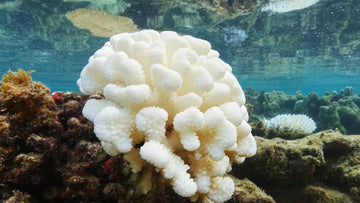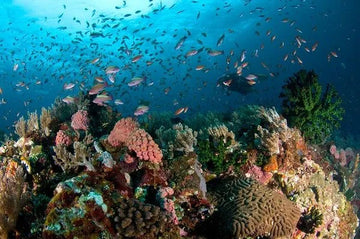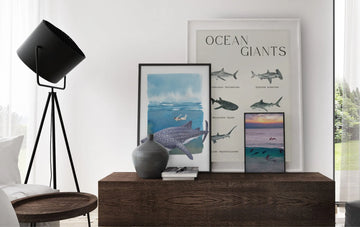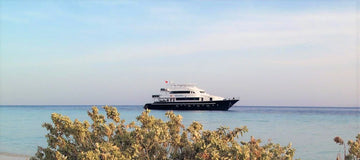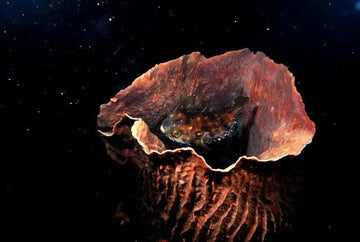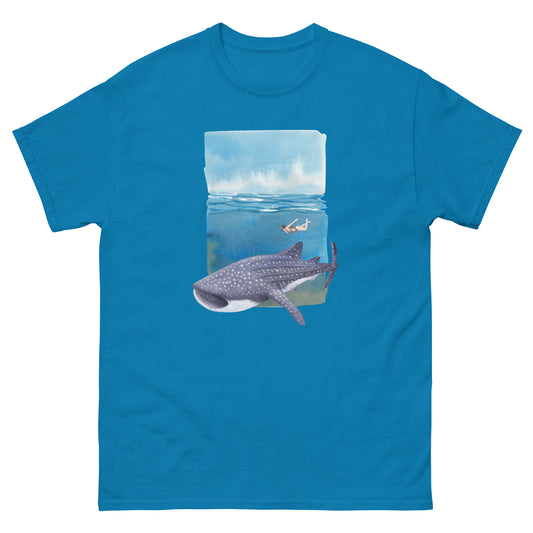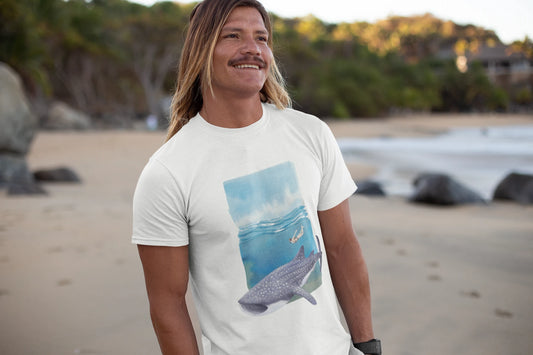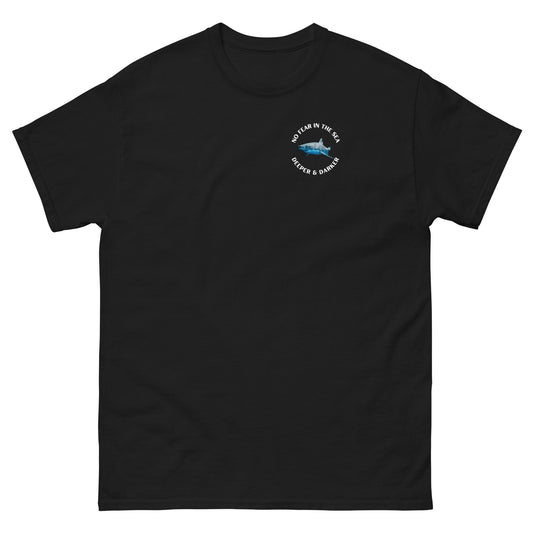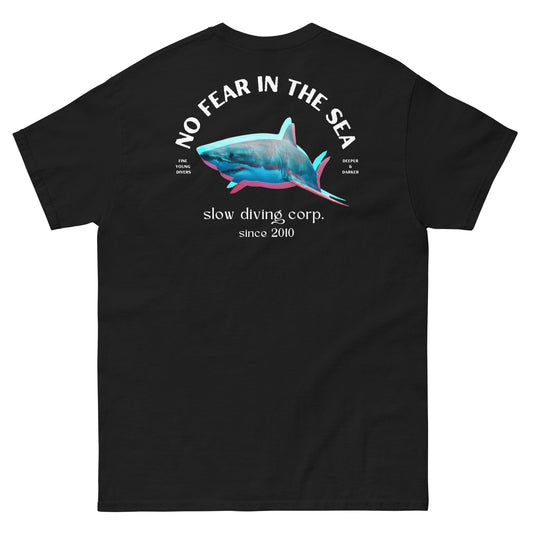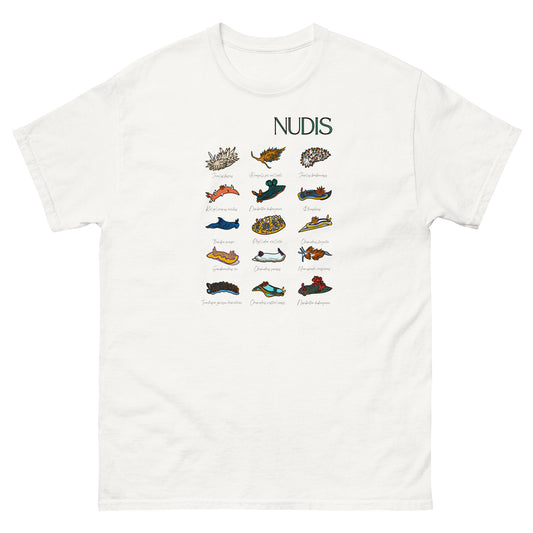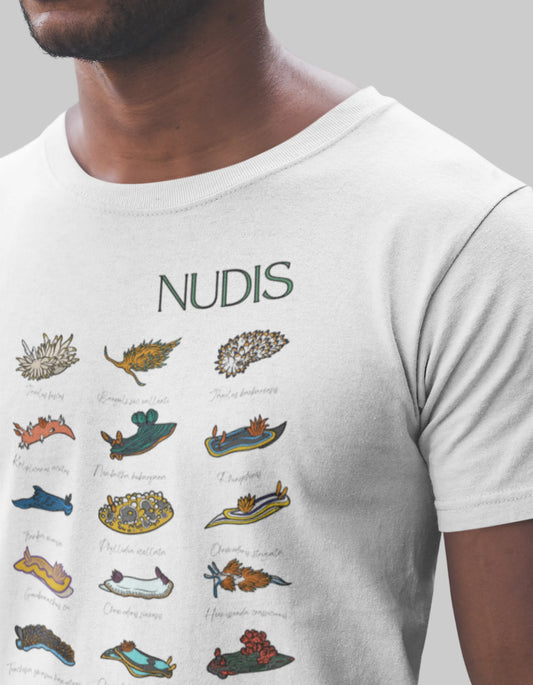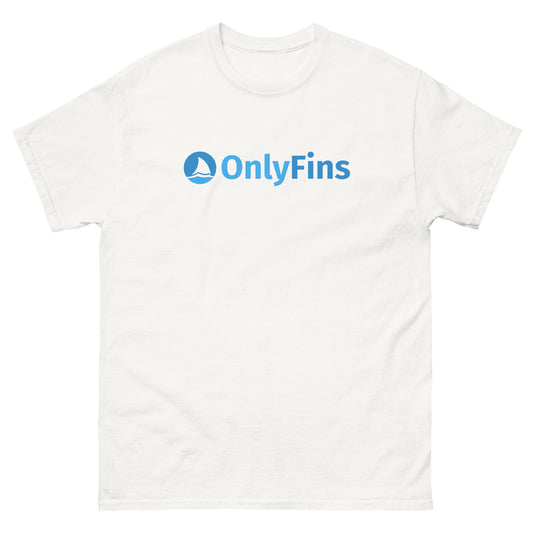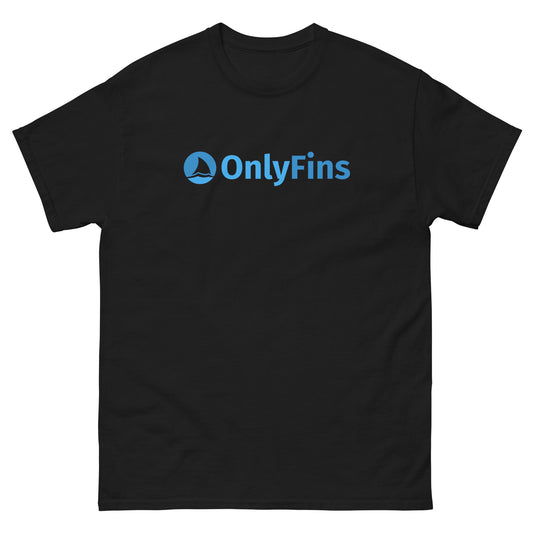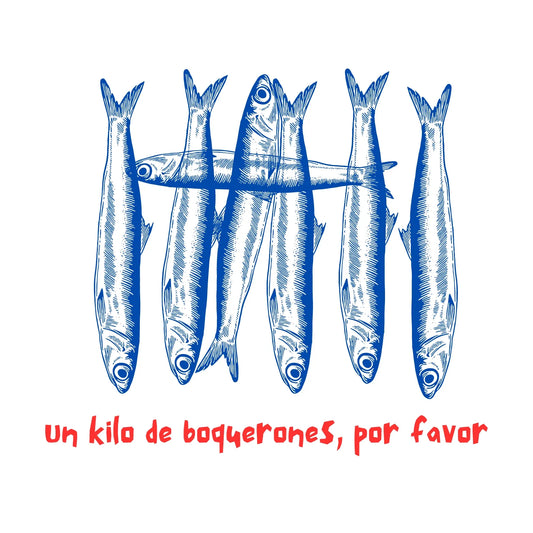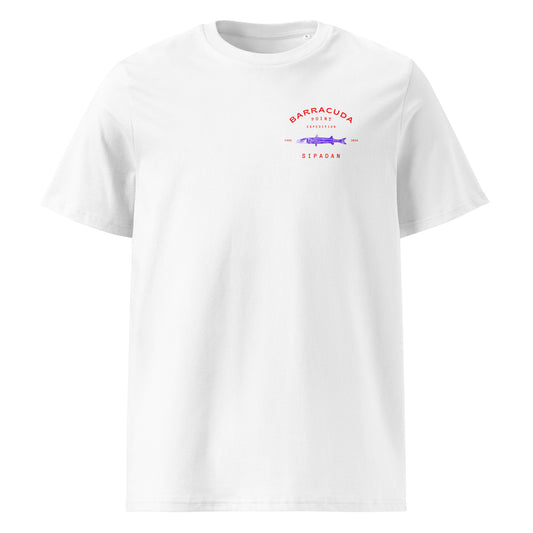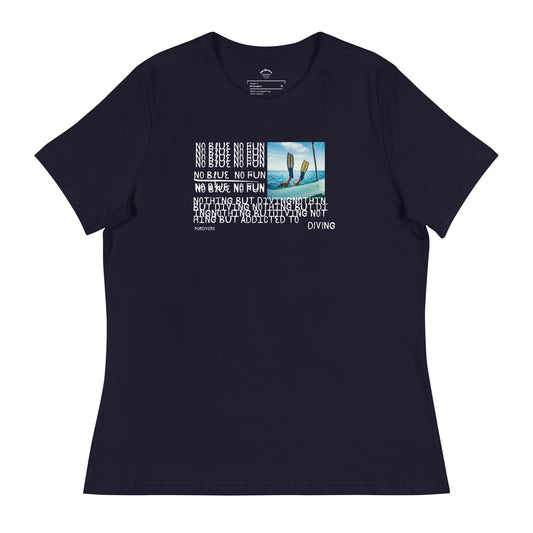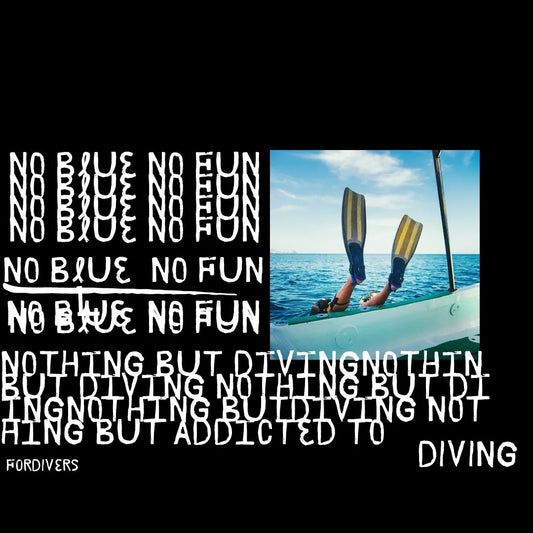Whether you like it or not, every day you hear and read about initiatives to defend the ocean: international meetings to get governments to agree to reduce emissions, people campaigning against offshore drilling, new ideas to put an end to plastic islands? Why is it so urgent to save the oceans? how serious is their situation? How does their good or bad health affect us? What would happen if the ocean died?
1. We would have half the oxygen
That is the amount of oxygen we consume that is produced by the ocean... a conservative estimate. Some sources say that up to 85% of oxygen comes from the ocean. The preconceived notion that most oxygen is produced by land plants and that the Amazon is the lungs of the planet is simply wrong.
The ocean is home to phytoplankton, organisms that absorb sunlight and carbon dioxide through photosynthesis and release oxygen. The problem is that phytoplankton die under the excess of ultraviolet radiation due to the lack of ozone layer protection. So the equation is simple: less phytoplankton means less oxygen in the atmosphere.
As if that were not enough, another equally important argument: phytoplankton are at the bottom of the oceanic food chain, so the disappearance of phytoplankton means a decrease in food for zooplankton, which affects the amount of food available for the rest of the marine organisms... and for us.

These microscopic beings are capable of creating huge concentrations, such as the green patches surrounding the island of Ireland
2. We would breathe in one quarter more CO2
Can you imagine if the atmosphere had 25% more CO2 than we have today? That is the percentage of the total carbon dioxide emitted that the oceans absorb. Without that ability to absorb heat and carbon dioxide, we would suffer much more rapid and severe climate change-related impacts than we are experiencing now, with much greater global warming.
3. Nothing could protect us from the ocean itself
The creatures that form the reefs, coral reefs or mangroves, protect hundreds of millions of people from tsunamis and major storms by slowing the force of the ocean itself before it reaches the coast. The excess CO2 we are talking about is destroying the reefs and has already wiped out 50% of some of the most important reefs, such as the Great Barrier Reef. If the coral reefs die, there will be nothing to stop the force of the ocean before it reaches the coast.
4. Over 400 million people would be unemployed
And this is only in developing countries that practice traditional and sustainable fishing. Without the ocean's sustenance, nearly a third of the world's population would have serious problems making a living because they have no other means of subsistence. Then there are the millions of others who live off the ocean indirectly, from hotels to our entire diving industry (would you dive in a dead ocean?).
5. One quarter of the world's population would suffer from famine
According to the F.A.O., more than one billion people, mainly in poor countries, depend on fish as their main source of protein. If the ocean dies, millions of people will die.
How we are killing the ocean and what we can do to save it?
Just by following these three simple steps, we would go a long way toward allowing the ocean to maintain the balance that has kept it alive to this day. We simply need to stop doing the things that upset this fundamental balance.
1. We emit more CO2 than the planet absorbs
The exchange of CO2 is vital to the existence of life on the planet. Oceans and land vegetation emit and consume CO2 , absorbing a little more than they emit. The problem is that our CO2 emissions alter this balance, emitting much more than they can absorb. This excess ends up in the atmosphere and in the ocean, raising the pH of the water, making it more acidic, and also contributing to global warming through the greenhouse effect. These conditions kill the phytoplankton and alter the ocean's balance, resulting in an increase in the amount of carbon dioxide in the atmosphere, making it impossible for the Earth's heat to be dissipated at the necessary rate.
What can I do to reduce my CO2 emissions?
Most of the carbon dioxide we emit comes from burning fossil fuels (oil, coal, or natural gas) to produce electricity. If you can use common sense to reduce your electricity use, you will reduce your emissions. It's that simple.
By common sense, we mean replacing traditional light bulbs with energy efficient ones, setting the thermostat to no higher than 21º C, air conditioning the house to keep it warm, not leaving electronic devices on when not in use... Remember that every time you use an item that consumes electricity, you are producing CO2. We are not talking about running out of electricity, just using it rationally.
Another simple action is for those who use a car or motorbike to cut 50 km per week of private transport and use public transport. This would reduce CO2 emissions by 10%. Can you make the enormous effort to take the subway, bus or train one day a week? That is already a step forward.
2. We eat fish irresponsibly
When we talk about not disturbing the natural balance, we mean, among other things, not disturbing the trophic chain of the oceans. Given that 75% of fish stocks are fully exploited (80% in the case of the Mediterranean), overexploited or depleted, it seems that we are not taking this very seriously.
Our hunger, that of us in the West, is too voracious for the size of the ocean. After exhausting the fishing grounds in nearby waters, European, North American and Japanese fleets have moved into the waters of third countries whose marine resources are still in good condition and who depend on fishing as a source of food and income. These countries can only watch as overfishing enters their waters and ends up in our supermarkets and stomachs. If we continue at this voracious pace, we will soon (as far as we can see) wipe out life in the ocean.
What can I do to eat fish responsibly?
The main thing is to find out about the species, origin and fishing method. With the current labeling it is not very easy to distinguish areas and type of fishing (if there is anything on those labels), so you can always ask and enjoy with the face that the fishmonger will put before the question of the "smart".
What fish should I avoid? Any fish caught using destructive techniques, such as deep-sea trawling. You should also know where it was caught and if it is a seasonal fish.
3. Our plastic kills
Unfortunately, the planet is full of unwanted people who are capable of throwing plastic directly into the ocean or rivers and it ends up in the ocean, where it persists for decades and harms hundreds of marine species. It is estimated that more than 400,000 marine mammals die annually from ingesting plastic, and some observers claim that more than 260 species, including invertebrates, ingest plastic or become entangled in plastic objects floating on the surface. Again, by polluting the marine environment, we are unbalancing the chain by killing such a large number of species, directly affecting both those who feed on them and those who feed back to them.
What can I do to reduce plastic consumption??
In your daily life, without making a big effort, you can significantly reduce the use and production of plastic. Just avoid buying bottled water, use glass cups instead of plastic ones, use ceramic or biodegradable plates, carry cloth or reusable bags when you go shopping, avoid buying plastic toys... with these simple actions you will contribute a lot to the recovery and health of our ocean planet.

